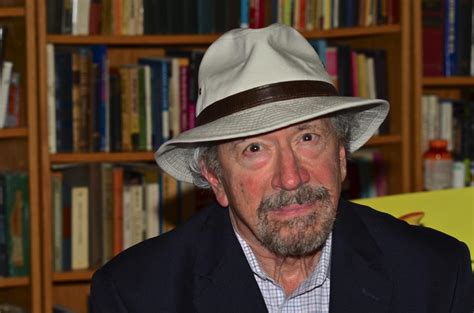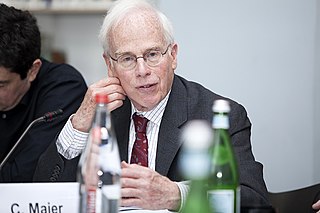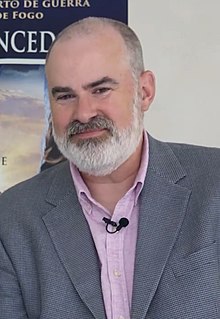A Quote by Stefan Kanfer
Kenney knows two essential truths about melodrama: First that it is most powerful when combined with irony and understatement; and second that it is a salient feature of modern life.
Related Quotes
Critics who perceive the first level of Mann's irony recognize that the second voice is giving us reasons to be dubious about various aspects of Aschenbach's life and work. But many of them don't appreciate the second level of irony, the one exemplified in setting this narrative voice alongside the more sympathetic one, and inviting us to choose.
There is... in our day, a powerful antidote to nonsense, which hardly existed in earlier times - I mean science. Science cannot be ignored or rejected, because it is bound up with modern technique; it is essential alike to prosperity in peace and to victory in war. That is, perhaps from an intellectual point of view, the most hopeful feature of our age, and the one which makes it most likely that we shall escape complete submersion in some new or old superstition.
There are two threats to reason, the opinion that one knows the truth about the most important things and the opinion that there is no truth about them. Both of these opinions are fatal to philosophy; the first asserts that the quest for truth is unnecessary, while the second asserts that it is impossible. The Socratic knowledge of ignorance, which I take to be the beginning point of all philosophy, defines the sensible middle ground between two extremes.
With a profound first-hand knowledge of participants, encompassing linguistic competence, and engaging prose, Padraic Kenney recreates the simultaneously serious and playful currents of East Europe's overthrow of repressive state socialism. What an invaluable guide to the elusive exhilaration that motivated the actors and captivated all of us who followed the transformation with such hope! We can appreciate neither the ebullience of 1989 nor the disappointment with the quotidian reality that followed without understanding Kenney's 'carnival.'
And make no mistake: irony tyrannizes us. The reason why our pervasive cultural irony is at once so powerful and so unsatisfying is that an ironist is impossible to pin down. All U.S. irony is based on an implicit "I don’t really mean what I’m saying." So what does irony as a cultural norm mean to say? That it’s impossible to mean what you say? That maybe it’s too bad it’s impossible, but wake up and smell the coffee already? Most likely, I think, today’s irony ends up saying: "How totally banal of you to ask what I really mean.
We made four feature films with Sherwood Baptist. The wonderful thing was the church (members) volunteered. It was an awesome atmosphere of attitudes. The hard part was (that) all four of the first feature films we made take place in modern-day Albany, Georgia. We know that not all of our films going to be (set in) modern-day Albany, Georgia.






































